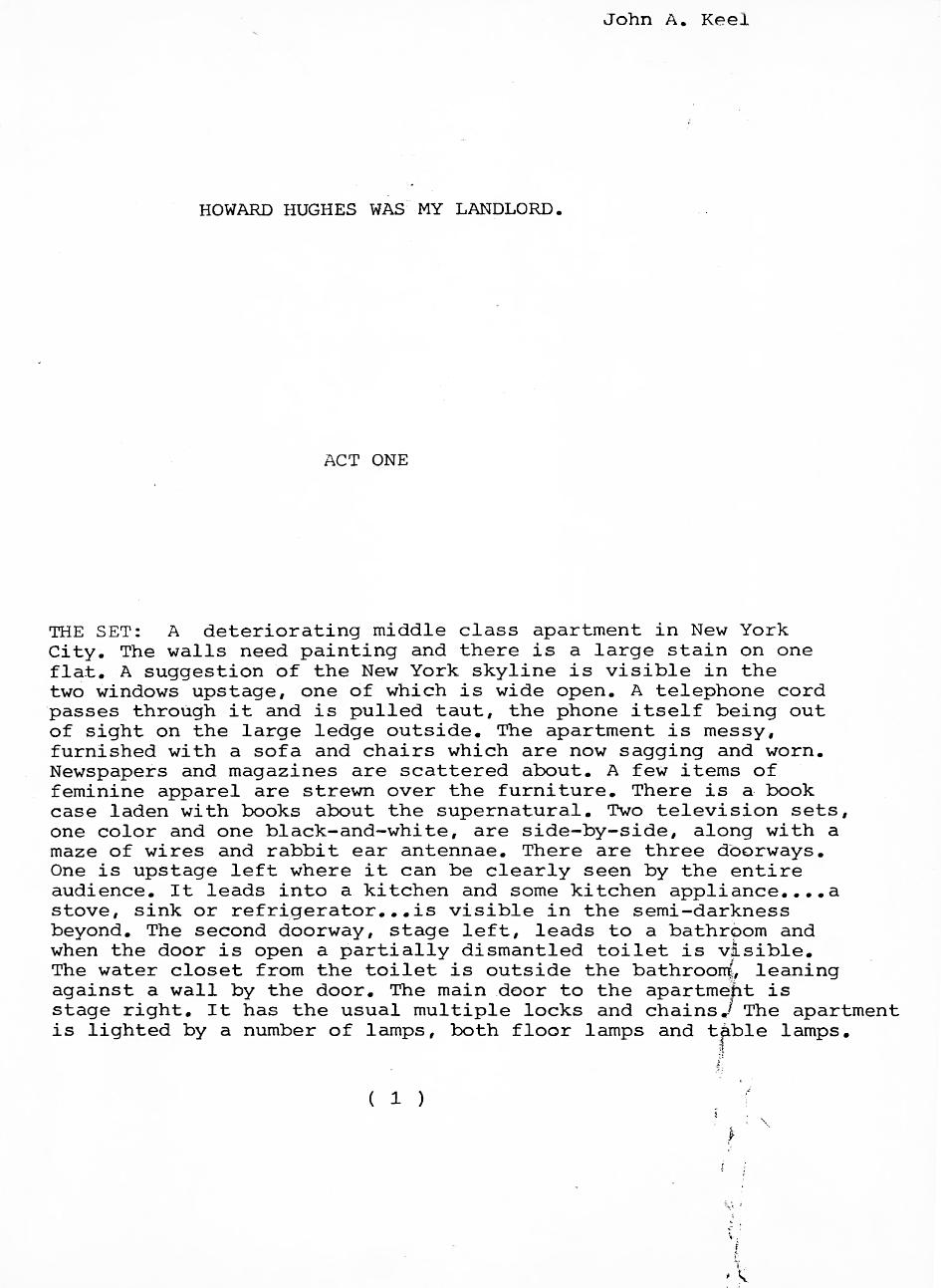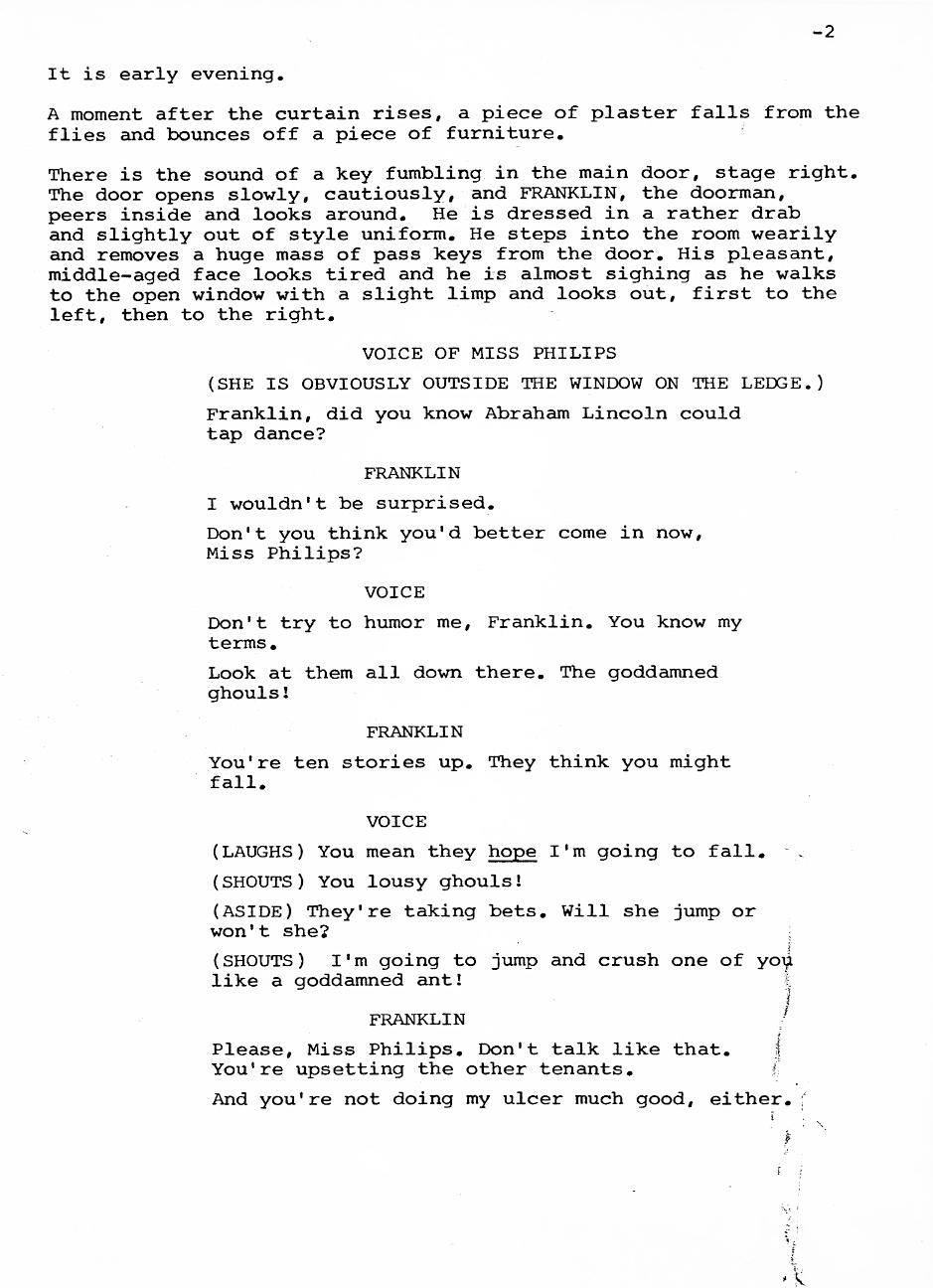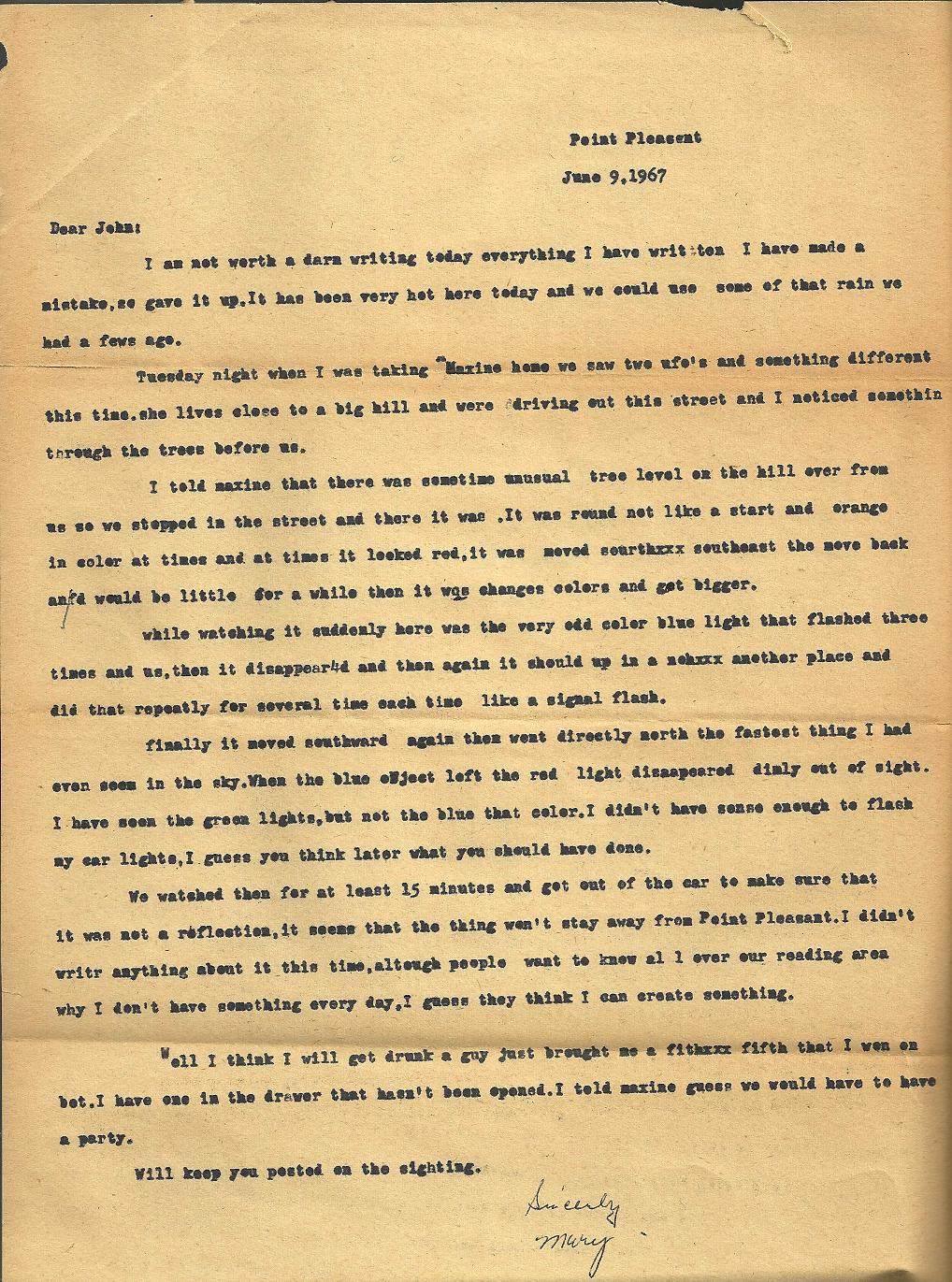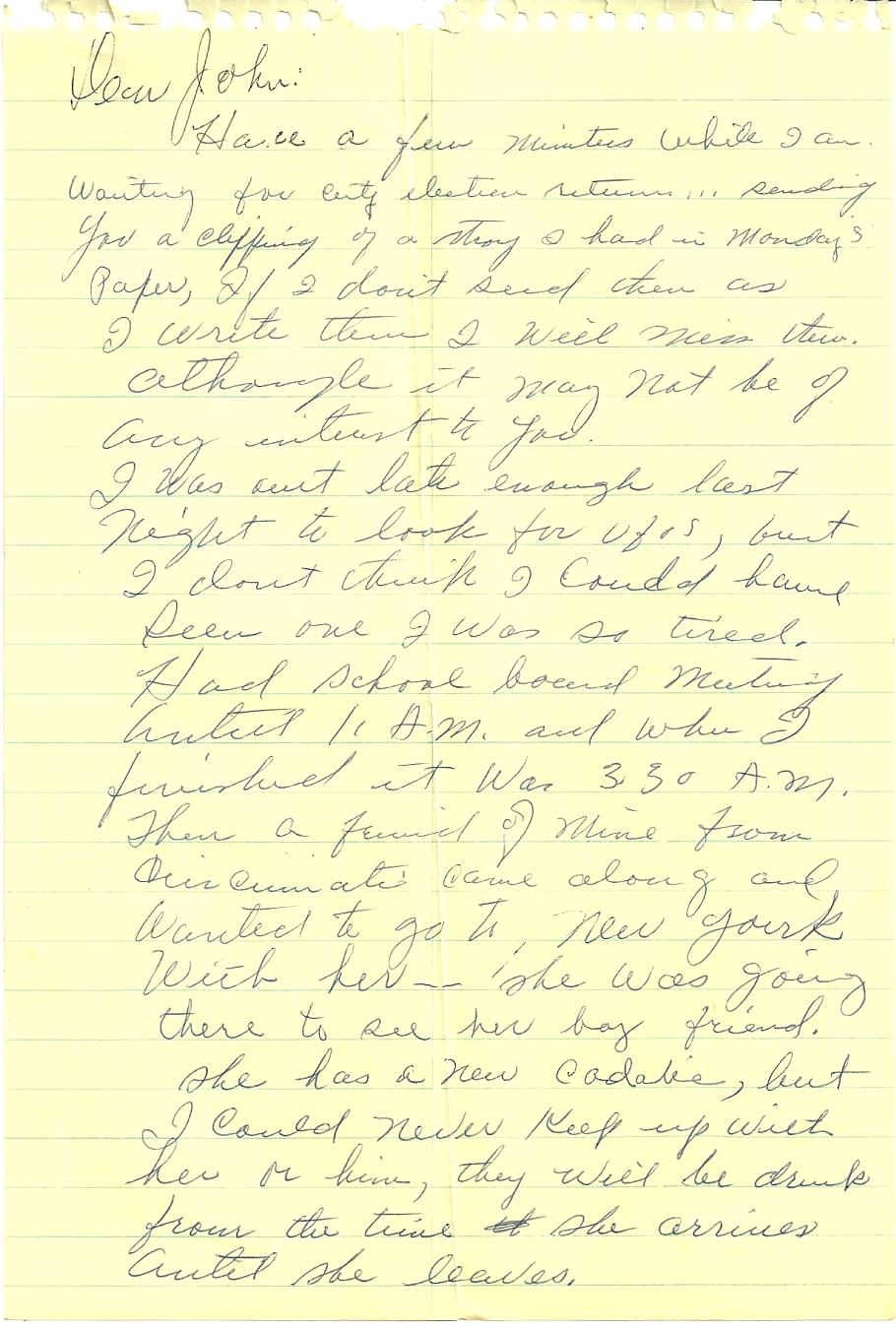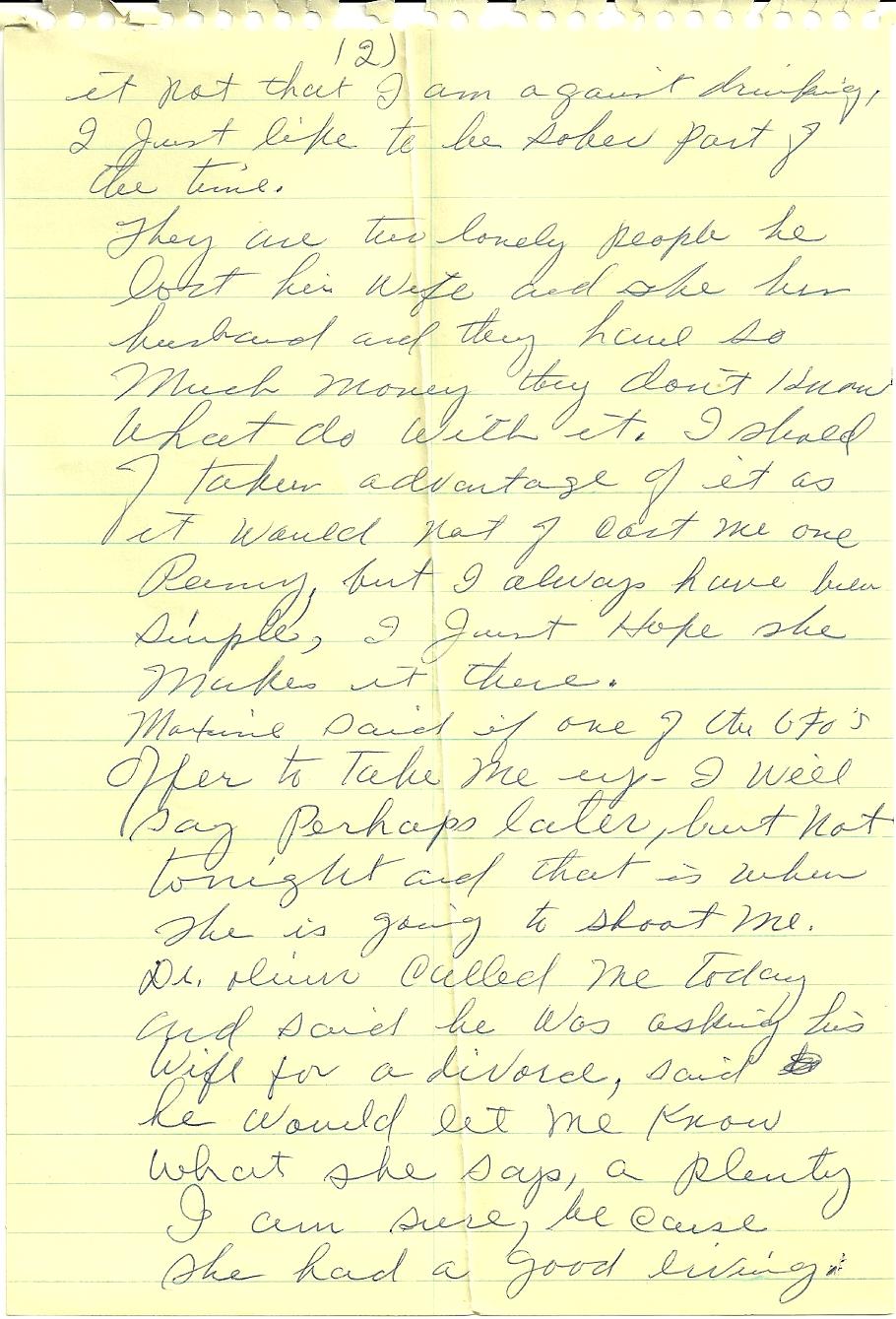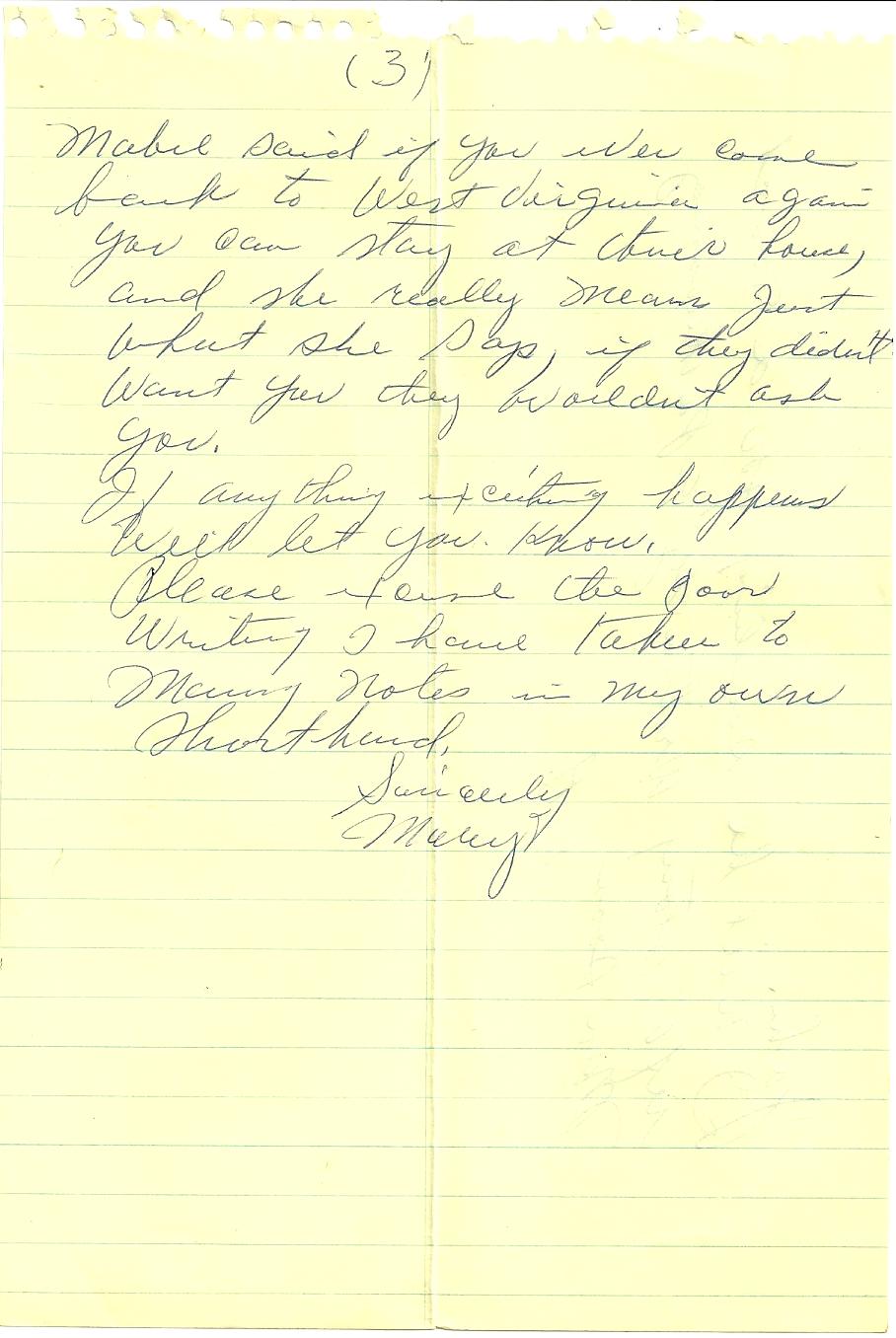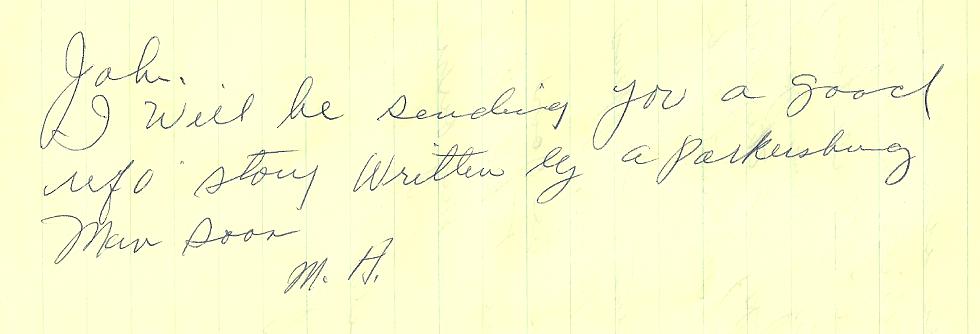http://taltybaptistchurch.org/events/list/?tribe-bar-date=2021-04-16 John often mentioned his play Howard Hughes Was My Landlord, and particularly relished the title (landlords being as notoriously inaccessible as Hughes). I’m not sure when he wrote it; but I think it was in the 80s, when he was branching out more into fiction and theater. It was inspired partly by the Grand Guignol, the popular horror theater of Paris, which often featured buckets of stage blood, and partly by the fact that everyone hates landlords.
It’s a unique Keelian mix of murder, the supernatural, vaudeville, toilet humor, mysterious phone calls, and apartment troubles. It would have been quite a spectacle. Here’s a synopsis, followed by the first few pages:
The play opens with Doris Philips on the ledge outside her apartment, threatening suicide unless the landlord fixes her crumbling ceiling and plugged toilet. The doorman, Franklin, talks her back inside, promising to arrange a meeting with the landlord. They chat, and she gives him a pan of water to soak his feet. Her apartment is haunted by a tap dancing ghost, who turns the lights on and off, appears on the TV, flushes the toilet, steals small objects, and interferes with the phone (in a John Keel play, there have to be phone problems). Franklin identifies the ghost as George, a former vaudevillian who committed suicide in her bathroom. Franklin also reveals that George had an affair with another tenant, Mrs. Greystone. At the end of the first act, Franklin leaves (with one sock, George having stolen the other), and promises a visit from the landlord, Mr. Blackmoor.
In the second act, Blackmoor does indeed visit Doris. He agrees to all of her demands, but she has trouble being civil to him: after all, he is her landlord. She offers coffee and cake; they chat (it turns out that she, like John, worked in television in NYC in the ’50s); and George continues his interruptions. She suspects him of planning to evict her, and attacks him with the cake knife. In the struggle, he ends up killing her with a sword cane (using a trick cane, a hollow belt, and stage blood). As the second act ends, the doorbell rings. Blackmoor dumps Doris’s body out the window, and hides in the bathroom. Franklin then enters, with the real Mr. Blackmoor. They assume Doris has finally killed herself, as Blackmoor asks, “Franklin, couldn’t you have found somebody who could fix her lousy toilet?”
In the third act, Blackmoor tries to call his lawyer, and has trouble with the phone. While his back is turned, the fake Blackmoor sneaks into the kitchen, only to scream and run out again: he saw George. The fake Blackmoor is actually Garrison, the tenant from the floor below, who claims that he came to the apartment to complain about the tap dancing, and that Doris had already jumped. He tries to leave, but Blackmoor is suspicious, and tells him to wait for the police. They struggle; Garrison kills him, and stuffs him into the bathroom. Franklin then returns, and Garrison tells him that Blackmoor had to leave. The apartment becomes colder; the lights flicker; the doors can’t be opened. The phone rings: it’s George, telling Franklin to ask Garrison about Mrs. Greystone. Garrison reveals that she was his sister, that they had an incestuous relationship, and that he was jealous of her lovers. We also learn that she was murdered; and, when Franklin goes into the kitchen, George telephones Garrison to tell him that Franklin did it. Garrison attacks Franklin; but the lights go out, and in the dim stage light, the corpses of Blackmoor and Philips emerge from the bathroom, struggle with Garrison, and throw him out the window. The lights come back on, and the corpses vanish; Franklin sees that Garrison is gone, finds Blackmoor’s corpse in the bathroom, and receives a call from Blackmoor. Increasingly terrified, he goes out on the ledge to try to reach another apartment. The window slams shut, and the blind slowly lowers. “He continues to scream hysterically beyond the closed window as the lights on stage and in the kitchen go out and we hear the sound of someone tap dancing. Curtain.”

